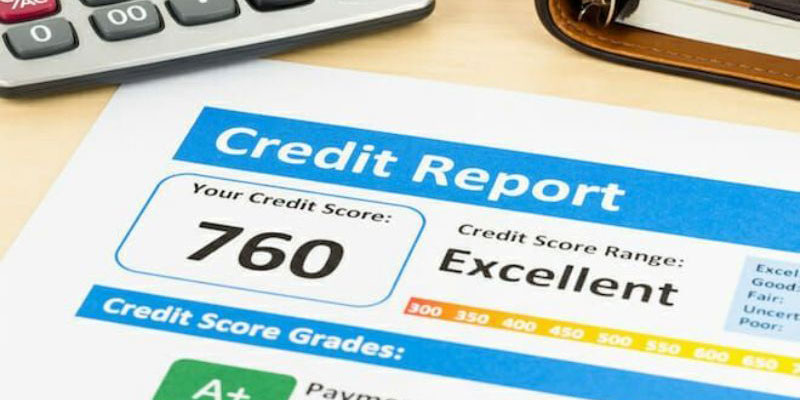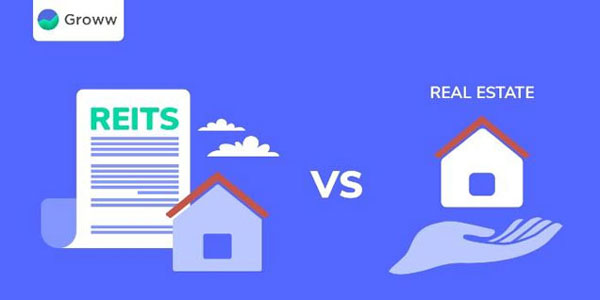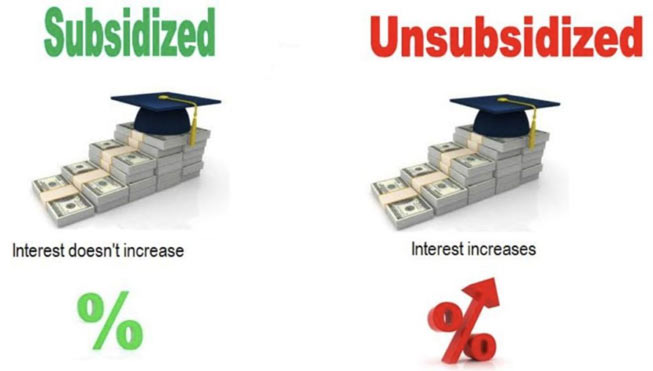Best Student Loans for Bad Credit
Jan 21, 2025 By Kelly Walker
It can feel daunting if you're looking into financing options for college, such as student loans, but need better credit. You may think that having bad credit automatically disqualifies you from getting the best rates and terms on student loans – but that's not necessarily true!
By considering all of your options and understanding how to get the best rate, even with bad credit, there are still several ways to make student loan debt more manageable while attending school.
In this blog post, we'll dive into what types of loans are available for those with less-than-perfect credit scores and provide insight into which is most beneficial for students needing financial aid.
Choosing a Student Loan with Bad Credit
It can feel daunting if you’re looking into financing options for college and have bad credit. It might seem like having bad credit automatically disqualifies you from getting the best rates or terms on student loans – but that's not necessarily true!
With the right research and understanding of your options, there are still several ways to make student loan debt more manageable while attending school.
Student Loans for Bad Credit or No Credit
Federal Subsidized/Unsubsidized Loans
Federal direct subsidized and unsubsidized loans are among the most affordable options for students with bad credit. Subsidized loans do not accrue interest while you’re in school, but they are only available to students who demonstrate financial need as determined by their FAFSA® application.
On the other hand, unsubsidized loans accrue interest when you receive them and can be accessed regardless of financial need. Both federal direct student loans come with competitive fixed interest rates and offer flexible repayment options after graduation.
Federal PLUS Loans
Federal PLUS (Parent Loan for Undergraduate Students) loans are another potential option for students with bad credit scores. These loans are available to parents of undergraduate students and can be used to cover the difference between financial aid packages and school tuition.
Although federal PLUS loans come with competitive interest rates, they require a credit check and typically require cosigners if the borrower has a low credit score or no established credit history. Additionally, while PLUS loans have flexible repayment plans, borrowers must remember that any unpaid balance on these loans will not be discharged through bankruptcy.
Private Student Loans
Private student loan lenders may be willing to provide financing options for those with bad credit scores. Interest rates offered by private student lenders vary depending on the lender, but there is usually an option for students with various credit levels.
However, before entering a loan agreement, it’s important to know that private student loans typically have higher interest rates and fewer repayment options than federal loans. Additionally, read all documents thoroughly to understand exactly what terms and fees are associated with each loan. It's also wise to compare multiple lenders to ensure you get the best rate.
Scholarships for Bad Credit Borrowers
Though it may seem like a long shot, scholarship opportunities are available even if you have bad credit. Many private loans can be applied for with no credit check, and some organizations will consider applicants with low scores or no established credit history when assessing applications.
Before applying for scholarships, research the organization thoroughly to ensure that the terms and conditions are clear and reasonable. Additionally, look into potential deadlines and keep track of any forms or documents you need to submit to apply.
Community Resources
Lastly, for those with bad credit scores looking into financing college, several community resources can help. Many local non-profit organizations may offer grants and other financial assistance programs tailored to low-income borrowers or students with a bad credit history.
Budgeting
In addition to the above options, budget-conscious college students with bad credit should be sure to track their income and expenses. By creating and sticking to a budget, you can help ensure that your student loan debt doesn’t get out of hand while attending school.
It is also important to remember that missing payments or defaulting on any loan could further hurt your credit score. Before taking on any loan, review all documents carefully and do your best to stay organized to make every payment on time!
Working While in School
Finally, students with bad credit looking into financing college consider working while in school. Many jobs offer flexible hours and can be tailored to fit your school schedule. This can reduce the money needed from student loans and make your loan payments more manageable when you graduate.
Personal Loan
Personal loans are another financing option available to students with bad credit. These loans typically have higher interest rates than student loans and require a credit check. However, personal loan interest rates can be competitive relative to other bad-credit financing options.
Additionally, personal loan lenders may offer flexible repayment terms so borrowers can keep up with their payments while attending school. As always, review all paperwork carefully before entering any loan agreement and ensure the terms are reasonable for your financial situation.
Credit Unions
Credit unions are another potential option for students with bad credit. Many local credit unions offer special loan programs for borrowers with low credit scores or no established credit history.
These loans often come with competitive interest rates and flexible repayment terms. It’s important to note, however, that some credit unions may require memberships to access their loan programs.
Alternative Lenders
Finally, alternative lenders such as online and peer-to-peer lending networks can sometimes be a good option for those with bad credit scores looking into financing college tuition. Online lenders often offer competitive rates, and peer-to-peer networks can conveniently access funds from multiple small lenders.
It’s important to remember that these loans may come with additional fees or higher interest rates if you have bad credit. Additionally, research the lender thoroughly before entering into any loan agreement and read all documents before deciding. By understanding your options and taking advantage of resources available to borrowers with bad credit, financing college tuition is still achievable – even with bad credit!
FAQs
Q: What type of loan should I look into?
A: Federal Direct Loans tend to offer the best rates and terms even if you have bad credit. With this type of loan, you will often receive access to various borrower benefits, such as income-driven repayment plans or deferment options, in the event of economic hardship. Private lenders may also offer student loan options. However, these tend to have higher interest rates and shorter repayment terms, making them more difficult to manage over time.
Q: Are there any other tips for getting the best rate on a student loan?
A: Yes! Always explore your options before committing to one particular type of loan. You should consider both federal and private loans, as well as other forms of financial aid, such as grants or scholarships, to find the best rate available with your credit score. Additionally, paying some upfront costs out-of-pocket can reduce the amount you need to borrow in student loans and give you access to better rates.
Q: Are there any other resources I can use to help me find the best student loan rate?
A: Yes! Student loan comparison sites, such as Credible or College Ave, are great resources for comparing different types of loans. Additionally, you can consult a financial aid advisor at your college or university to receive personalized advice and assistance when choosing the right loan option.
Conclusion
Financing college can be daunting if you have bad credit – but it doesn’t have to be! With an understanding of all available loan types, financial aid options, and tips like taking advantage of out-of-pocket upfront costs, you can find the best student loan for your situation - even with bad credit. To get started, use comparison sites and speak with a financial aid advisor to make an informed decision. Good luck on your journey to financing college!

Why Not Buy Before the Dividend and Then Sell?

What are Top Personal Loans for Excellent Credit

Best Biotech ETFs

Staying Ahead: Aligning with Current Investment Waves and Trends

Twitter Feeds Investors Should Follow

REITs vs Real Estate Investment Funds: How They Compare

Form 9465: Installment Agreement Request

What Is a Float-Down Lock in Mortgage Rates?

What is a Like-Kind Exchange



